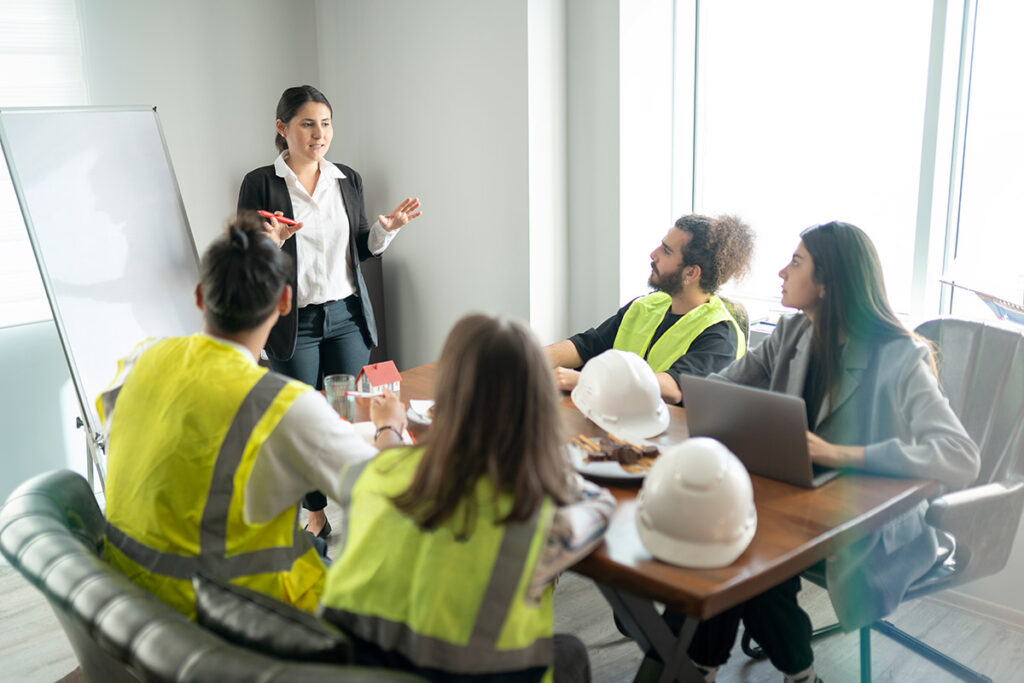In July 2022, the Irish Government signed into law a landmark Circular Economy Act, aimed at transitioning Ireland from the “take-make-waste” behaviours of the past, to a more sustainable “recycle, reuse” approach to our economic future.
How Does Ireland Rate as a Circular Economy?
A central pillar of climate action, the Circular Economy has fast become a core element of Irish corporate fundamentals, with many businesses having already become leading proponents of this more sustainable business model. From production through distribution to consumption, the Circular Economy is just one in a series of green, clean forward-facing moves outlined by the Irish government towards achieving significant reductions in our greenhouse gas emissions.
Focussed on repurposing for reuse by extending the life of goods, this shape-shifting evolution of how we do business has as one of its key tenets the age-old adage of “waste not, want not”. To deliver on this notion of wasting goods is wasting money – remember when your mother said, “you might as well be burning ten-pound notes” – a national programme for Consumer Durability Ratings is set to be rolled out in line with updated EU consumer law.
Currently, Ireland’s circularity rate is 1.6%, compared to the EU average of 11.9%, so it is imperative that we take the necessary steps, both as business and consumer, to reduce the usage of raw materials by producing and buying goods with a longer life expectancy. Relying more on recyclability and upcyclability of products will, in turn, require a shift in skillsets as we become more reliant on repair over replacement. So, the transition to achieve a thriving circular economy will impact across the board, from business model to product design, from worker skills to consumer attitudes.
Consumer Durability Ratings
Once launched, all consumer durables will have to carry ratings indicating detail of life expectancy, energy consumption and estimated costs.
Comprising everything from televisions, ovens and washing machines to fridges and lawnmowers, consumer durables are those goods which inevitably become less effective over time. Whether it be total burnout or dramatically reduced performance, these products invariably end up being replaced.
The circular economy aims to change the traditional ways of design, production and consumer approach to consumer durables. Its aim is to extend the lifespan of consumer goods through repair or part replacement in a bid to reduce our environmentally damaging habit of break-replace. Instead, it seeks to instil behaviours of break-fix and to shore up that transition; the methodology of Consumer Durability Ratings is being rolled out across the Irish economy to generate consumer awareness of product durability.
By having details such as expected life span and estimated energy consumption of the various production models on offer, consumers can make an informed decision about their purchase. We can choose to buy the washing machine that will last ten years over the model that might only last five. Multiply that by x products across y businesses and households, and the positive impact would be hugely significant in terms of helping Ireland to meet the challenges it faces in addressing our contribution to the climate crisis.
Ultimately, the move towards a circular economy will save the consumer money, as they will have reduced expenditure over a greater period of time.
The hope is that as a nation, we move away from single-use items, short-life products, fast fashion and fossil fuels – the mining, cultivation, production and transportation of which all take their toll on the environment. This transition will, in turn, dramatically improve our circularity rate bringing it in line with the EU and/or global average.
The move away from built-in obsolescence will require a major change in attitude, outlook, how we do business and how we shop, but in doing so, we will achieve a greater standard across design, production and consumption.
Waste not, want not, and in the long run, the pound in your pocket will be worth more.
For more information on the Circular Economy and Sustainable Business methodology, contact our Sustainability consultant Julia here or call her on 01 6204121.
Need help ensuring that your business remains environmentally compliant? Book a free, no-obligation consultation with Julia to discuss your needs.




